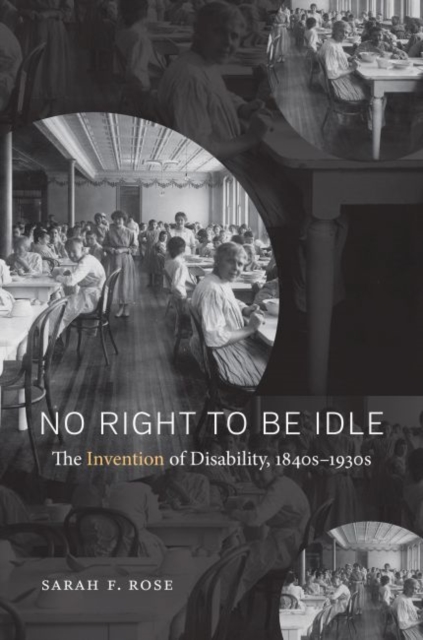
No Right to Be Idle : The Invention of Disability, 1840s-1930s Hardback
by Sarah Rose
Hardback
Description
In the late nineteenth and early twentieth centuries, a major transformation was occurring in many spheres of society: people with every sort of disability were increasingly being marginalized, excluded, and incarcerated.
Disabled but still productive factory workers were being fired, and developmentally disabled individuals who had previously contributed domestic or agricultural labor in homes or on farms were being sent to institutions and poorhouses.
In this book, Sarah F. Rose pinpoints the origins and ramifications of this sea change in American society, exploring the ways that public policy removed the disabled from the category of ""deserving"" recipients of public assistance, transforming them into a group requiring rehabilitation in order to achieve ""self-care"" and ""self-support."" By tracing the experiences of advocates, program innovators, and disabled people caught up in this epochal transition, Rose masterfully integrates disability history and labor history.
She shows how disabled people and their families were relegated to poverty and second-class economic and social citizenship.
This has vast consequences for debates about disability, poverty, and welfare in the century to come.
Information
-
Item not Available
- Format:Hardback
- Pages:400 pages, 17 halftones, 11 graphs
- Publisher:The University of North Carolina Press
- Publication Date:30/01/2017
- Category:
- ISBN:9781469630083
Information
-
Item not Available
- Format:Hardback
- Pages:400 pages, 17 halftones, 11 graphs
- Publisher:The University of North Carolina Press
- Publication Date:30/01/2017
- Category:
- ISBN:9781469630083






